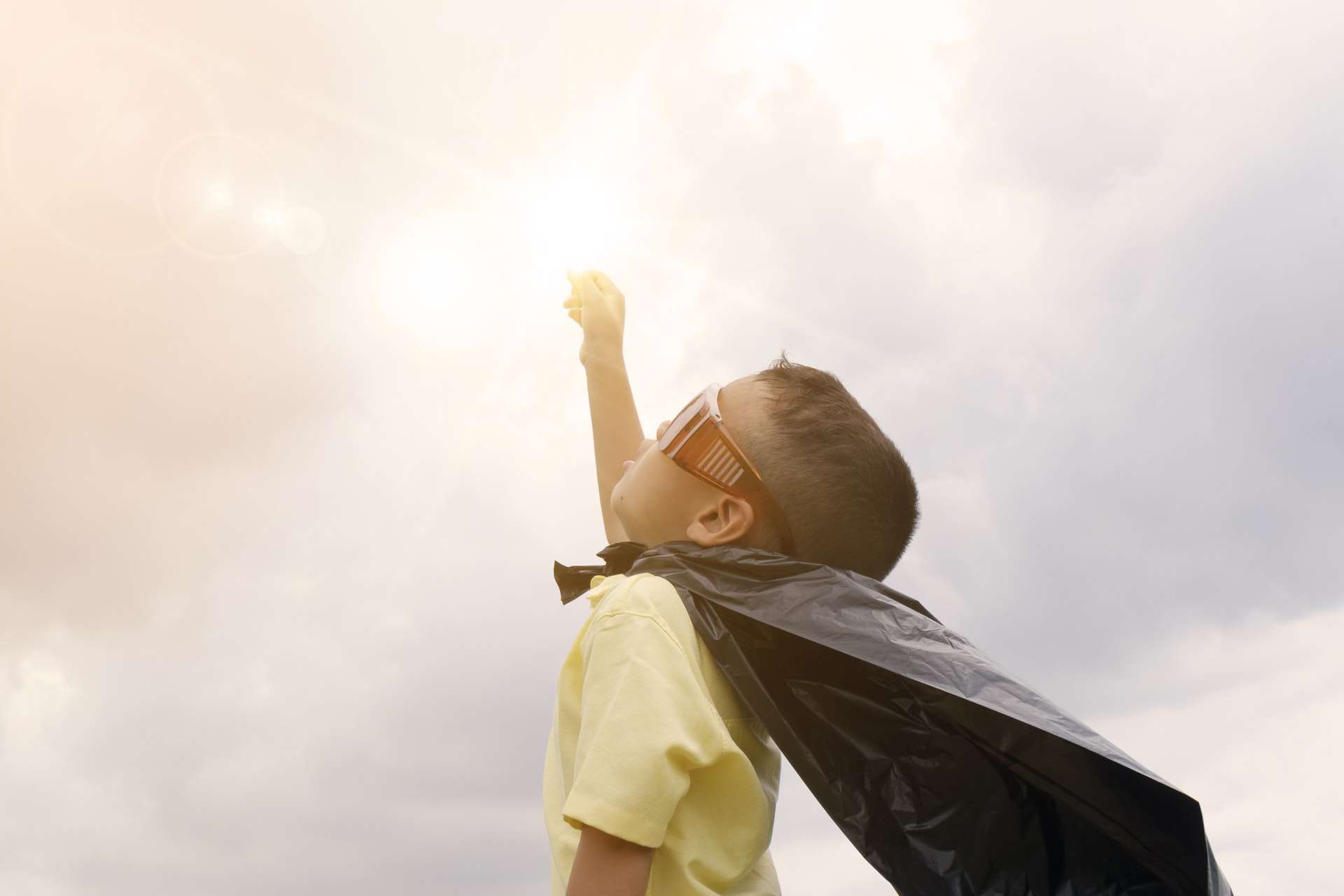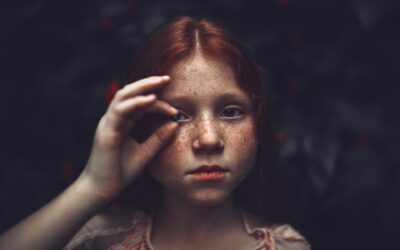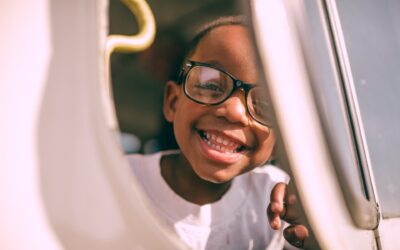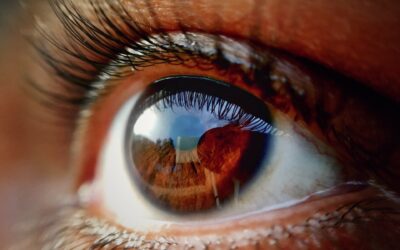Vision is an important part of development for children. Eye examinations are important during childhood so you can be sure your child’s eyes and vision are properly developing. Even if your child does not demonstrate any symptoms or problems with their eyes or vision, check-ups with your optometrist can reveal if there are any underlying problems that need to be addressed. Your optometrist can determine whether they need glasses, assess the health of their eyes, and check for other vision conditions that may affect how a child processes visual information.
When Should My Child have an Eye Exam?
Even if your child does not seem to have any vision or eye-related problems, they should be examined several times throughout childhood. The national guidelines from the American Optometric Association suggest kids have eye examinations around ages six-months, three-years, and again before entering grade school. By allowing the doctor to see the child at several points throughout the process of visual development, they can ensure that all important visual milestones are being met. Exams may need to occur more frequently if the doctor detects risk factors. The optometrist may require follow-up appointments to determine whether or not a glasses prescription is required. Many children will go through vision screenings at school or daycare; these are great tools to help identify certain risk factors, but they are not as thorough and cannot replace a traditional eye examination.
What Happens at a Child’s Eye Exam?
During childhood, every eye examination will look a little bit different. As to be expected, a 6-month old baby is unable to provide any feedback about their vision or their eyes, so the doctor relies on objective findings to determine visual acuity. Optometrists can use a series of lights to accurately estimate a prescription and determine if glasses are required. At age 3, the child may be able to provide a little bit more feedback, but the doctor will still mostly depend on objective methods to examine the eyes and the vision. By the time the child is entering grade school, they should be able to see 20/20 and provide more accurate feedback to the doctor in terms of their vision and a potential glasses prescription. At each of the exams, the optometrist will also perform a series of tests to evaluate the visual system and determine how well the eyes are working together, as these are important aspects of learning and development for children. The doctor will also evaluate the health of the eyes at each exam. Oftentimes, this requires dilating eye drops so the doctor can thoroughly and accurately assess the health of the retina.
Can Eye Exams Help My Child in School?
Children’s eye examinations usually contain extra tests to evaluate visual processing and binocularity. This can provide extra information on the kid’s visual system and can indicate whether or not there may be any hurdles to learning. Children who experience vision problems are more likely to struggle in school, so early identification and treatment of these issues can help children to be more confident and efficient in the classroom.





